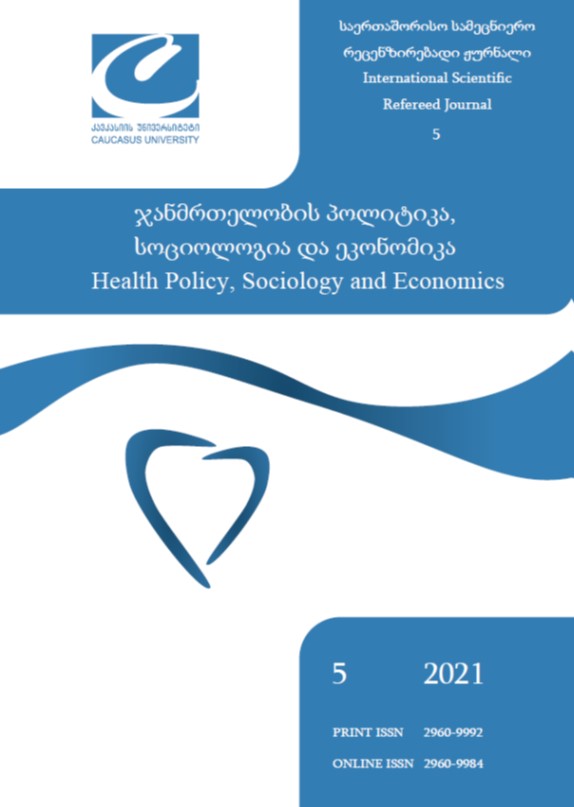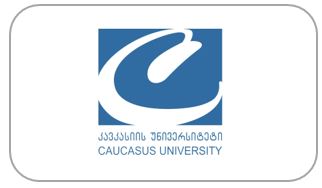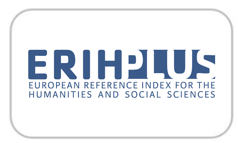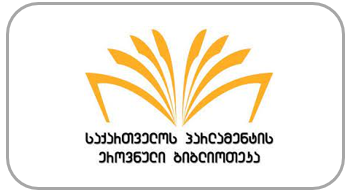სკოლებში ადაპტირებული გარემოს ხელმისაწვდომობის კვლევა ყრუ/სმენადაქვეითებული ბავშვებისათვის
საკვანძო სიტყვები:
ყრუ/სმენადაქვეითებული მოსწავლე, შეზღუდული შესაძლებლობის მქონე პირი, სპეციალური საგანმანათლებლო საჭიროების მქონე მოსწავლე, ინდივიდუალური სასწავლო გეგმაანოტაცია
შესავალი: ,,გაეროს ბავშვის უფლებების კონვენცია“ ბავშვს განსაკუთრებული საჭიროებების მქონედ მიიჩნევს და აღიარებს, რომ ის საზოგადოების სრულფასოვანი წევრია. ბავშვები არიან განსაკუთრებული უფლებების მქონე ადამიანები და არა უფლების პასიური ობიექტები. სკოლა ვალდებულია ყრუ/სმენადაქვეითებულ ბავშვს შეუქმნას მისთვის ადაპტირებული გარემო, საჭიროების შემთხვევაში კი მულტიდისციპლინარულმა გუნდმა შეიმუშაოს ინდივიდუალური განვითარების გეგმა. კვლევის მიზანია საქართველოს სკოლებში ადაპტირებული გარემოს ხელმისაწვდომობის კვლევა ყრუ/სმენადაქვეითებული მოსწავლეებისათვის. მეთოდოლოგია: თვისებრივი კვლევის ფარგლებში ჩატარდა მეორეულ მონაცემთა ანალიზი და ლიტერატურის მიმოხილვა. შედეგები: არსებული ადგილობრივი და საერთაშორისო კანონმდებლობაზე აღებული პასუხისმგებლობის მიუხედავად, საქართველოში მნიშვნელოვან პრობლემას წარმოადგენს
ინკლუზიური გარემოს შექმნა და მასზე ხელმისაწვდომობა. ყრუ/სმენადაქვეითებული ბავშვების შემთხვევაში, ფიზიკური გარემოს ადეკვატურად უზრუნველყოფის თვალსაზრისით, გამოწვევად რჩება სკოლების ადაპტირება FM-სისტემებით, რომლის გადამცემი შედგება რადიოგადამცემისგან, მიკროფონისგან და მიმღებისაგან. რადიოგადამცემი და მიკროფონი ტანსაცმელზე მიემაგრება მოსაუბრეს (ამ შემთხვევაში მასწავლებლებს). FM მიმღები კი შეიცავს სიგნალების მიმღებს და ემაგრება ბავშვის (მსმენელის) ტექნიკურ მოწყობილობას. FM სისტემა შესაძლოა იყოს ინდივიდუალური და კოლექტიური. ასევე, პრობლემაა საგანმანათლებლო სისტემებში არსებული ცნობიერების დონე და რელევანტური ცოდნა ინკლუზიური გარემოს პრაქტიკაში შესაქმნელად. ბარიერს წარმოადგენს სრულყოფილი ეროვნული სტატისტიკური მონაცემების არარასებობა, რომელიც საშუალებას მოგვცემდა გაგვეანალიზებინა საჯარო და კერძო სკოლებში ყრუ/სმენადაქვეითებული ბავშვების რაოდენობა, მათი ინდივიდუალური საჭიროებები და სკოლებში არსებული რეალური გამოწვევები. დასკვნა: მნიშვნელოვანია სკოლების ადაპტირება FMსისტემებით, სტატისტიკური მონაცემების წარმოება და საგანმანათლებლო სივრცეებში ყრუ/სმენადაქვეითებული ბავშვების რაოდენობის ზუსტი აღწერა, სკოლის პერსონალის გადამზადება და მათი კვალიფიკაციის ამაღლება.
ჩამოტვირთვები
გამოქვეყნებული
როგორ უნდა ციტირება
გამოცემა
სექცია
ლიცენზია
საავტორო უფლებები (c) 2021 ჯანდაცვის პოლიტიკა, ეკონომიკა და სოციოლოგია

ეს ნამუშევარი ლიცენზირებულია Creative Commons Attribution-ShareAlike 4.0 საერთაშორისო ლიცენზიით .













